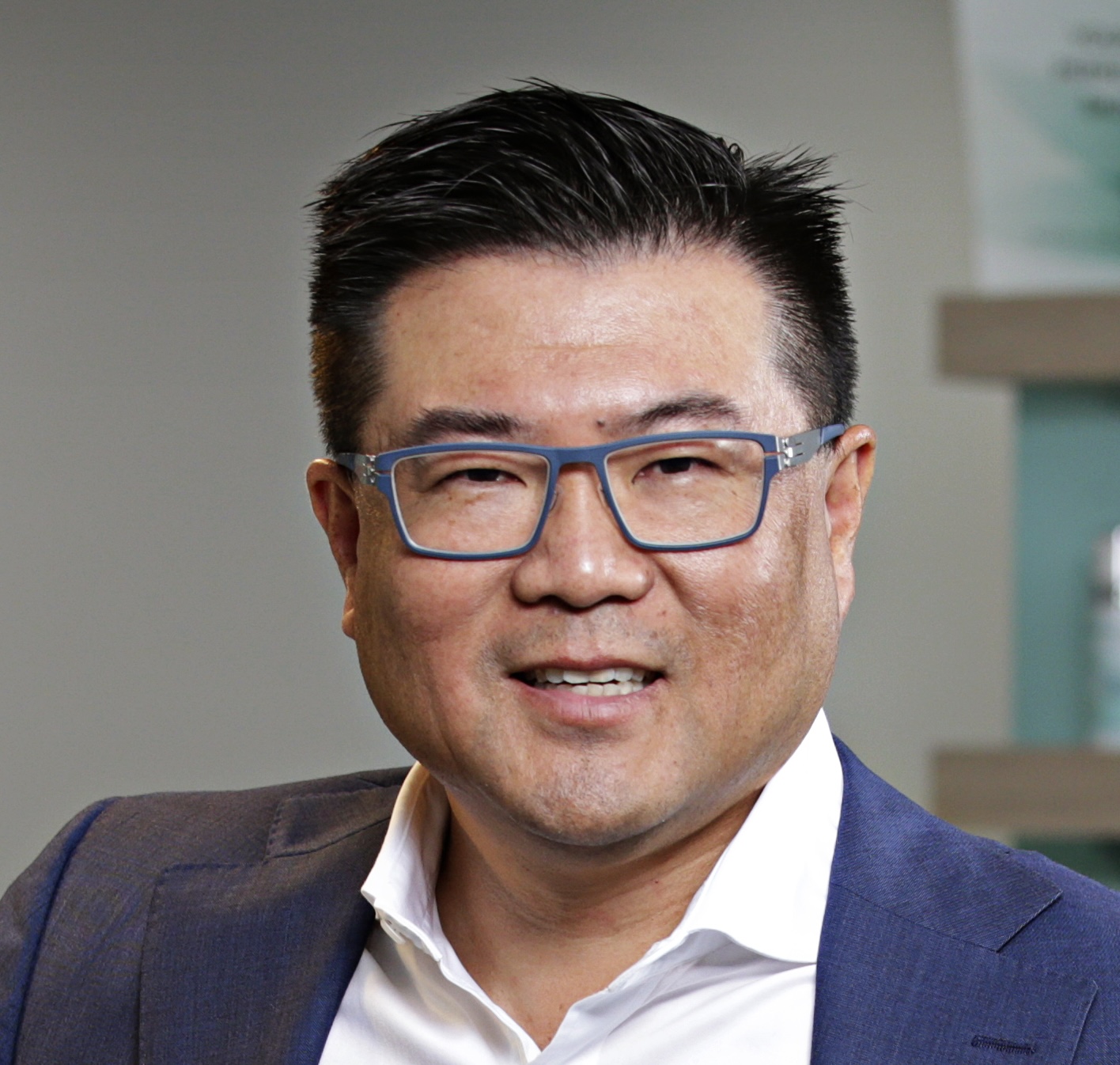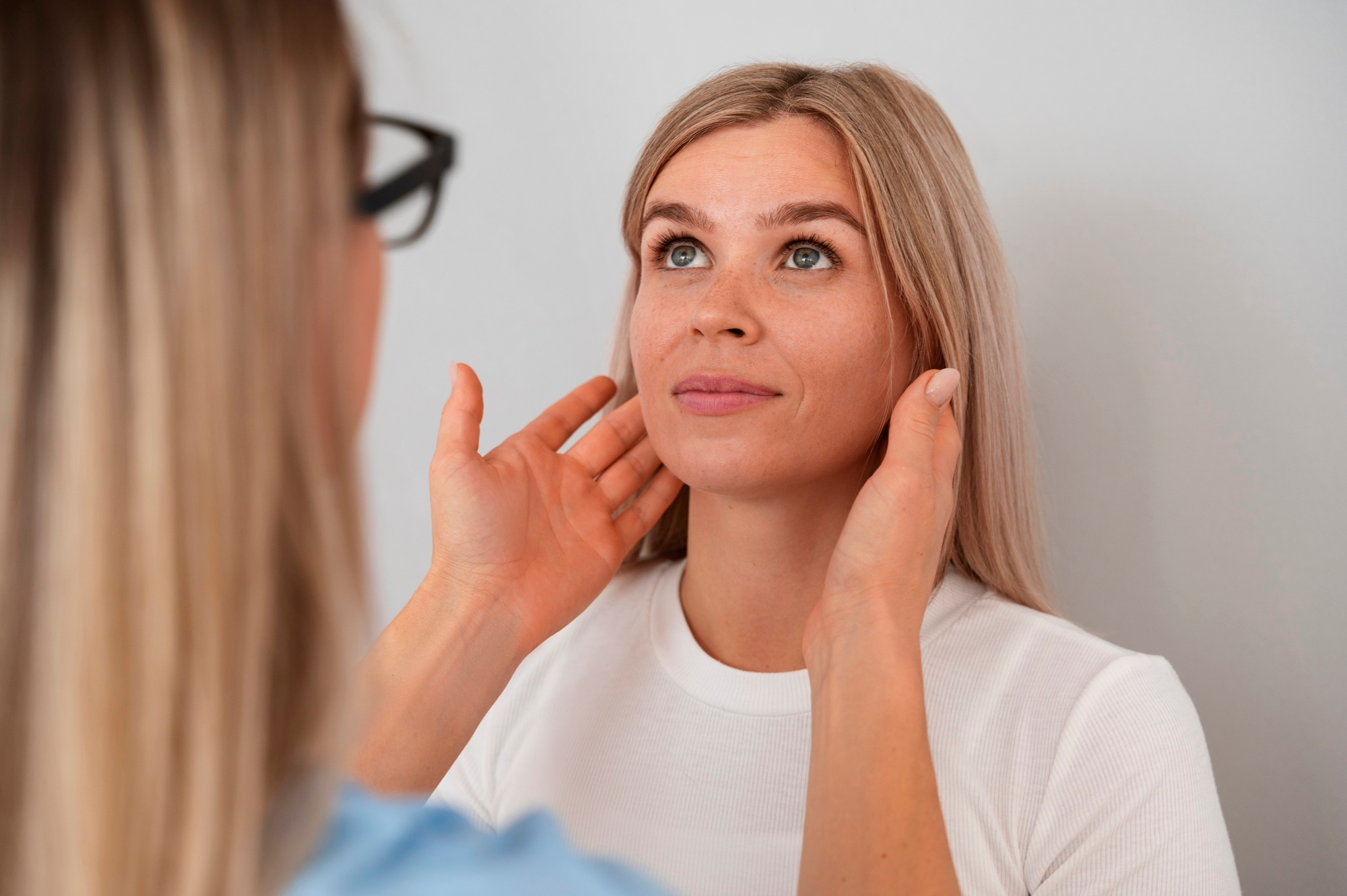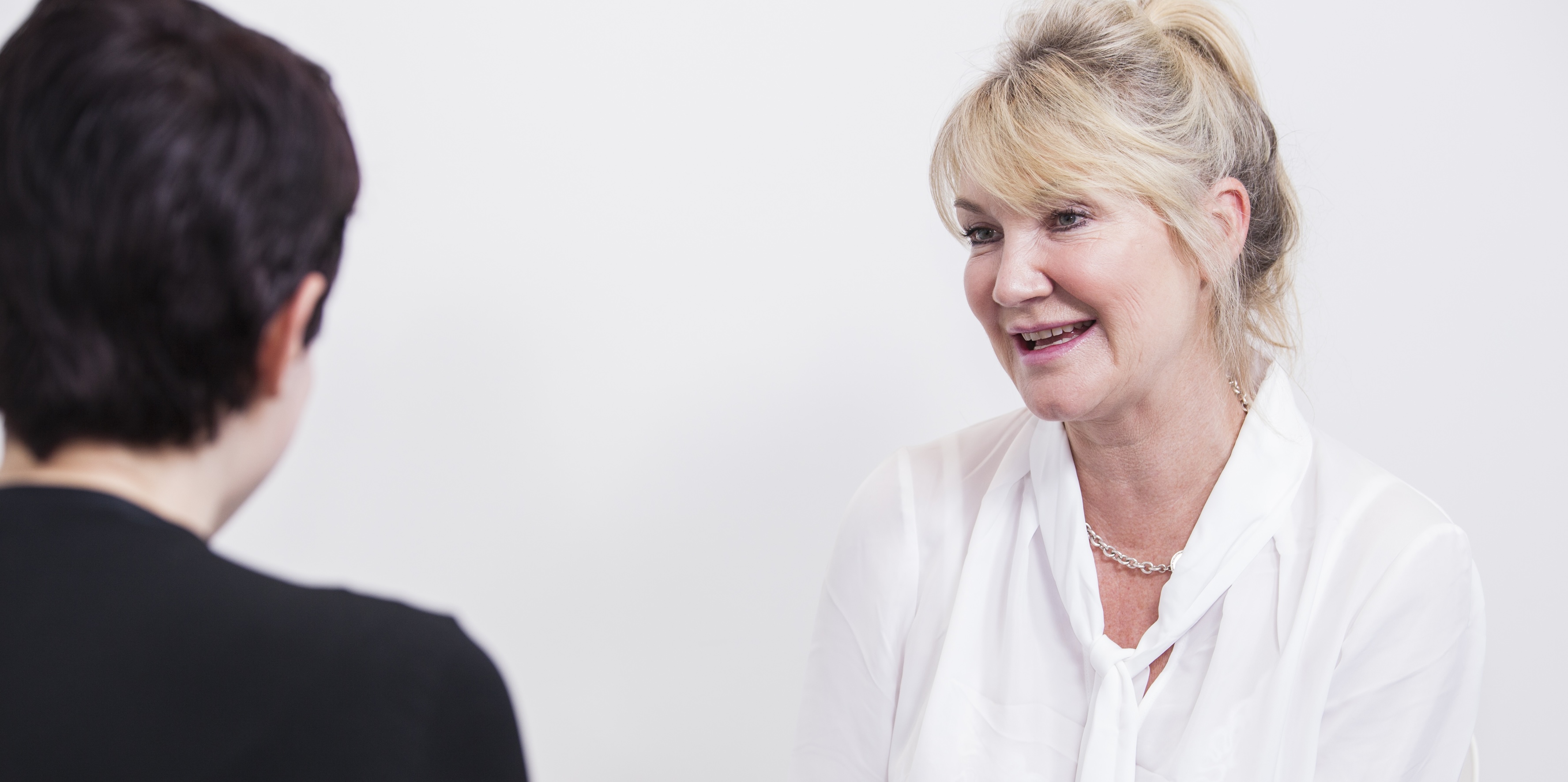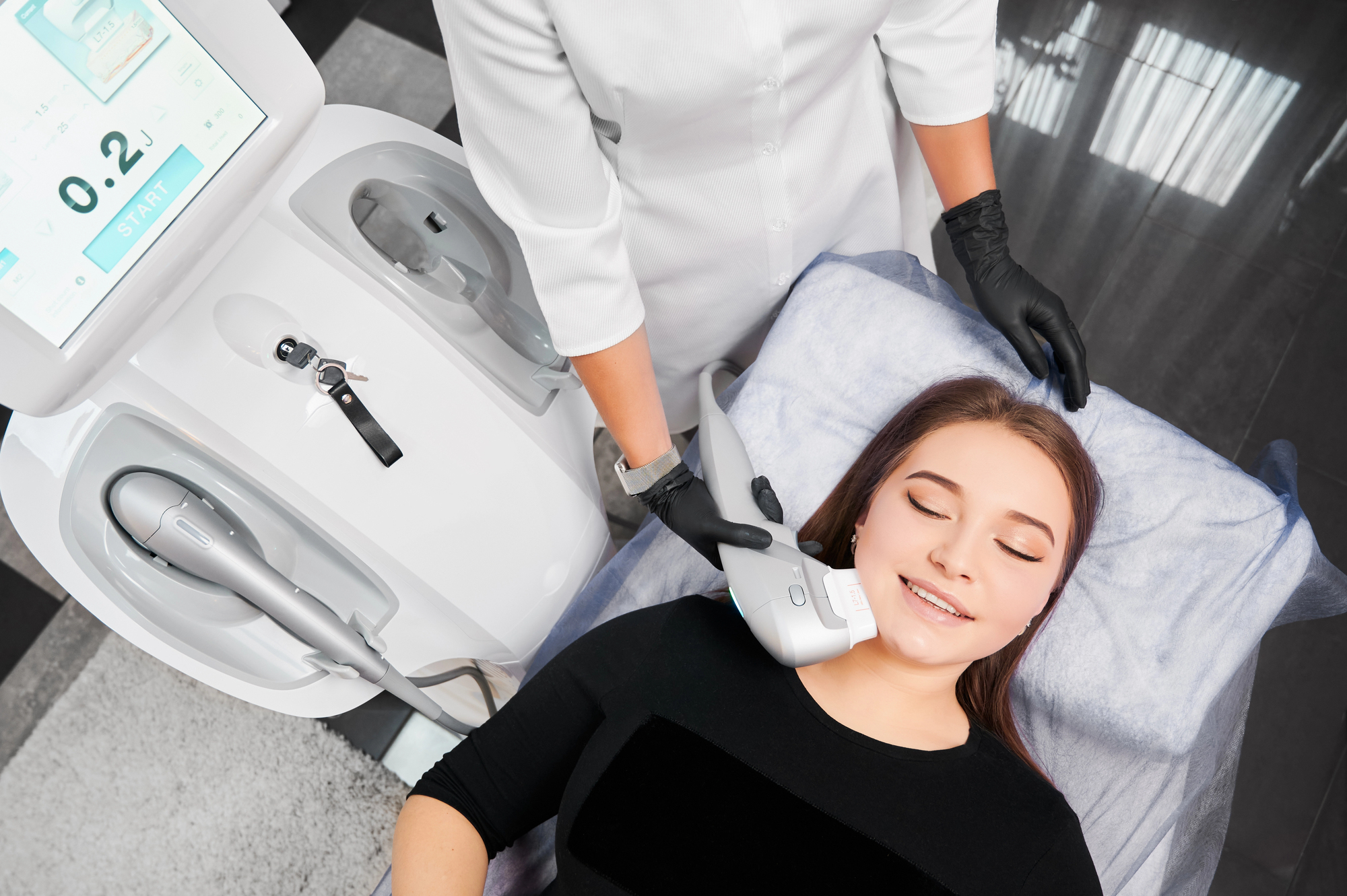Ageing skin and wrinkles
Ageing skin and wrinkles are natural signs of maturity, often marked by fine lines, loss of elasticity, and dryness. Discover the factors that contribute to skin ageing and explore ways to minimise these effects for a youthful, revitalised appearance.


Ageing skin symptoms
The signs of ageing are most often noticeable on the face, although these signs can also appear prominently on the neck, chest and hands. As we age, the three main layers of our skin – the epidermis, dermis and subcutaneous layer can all be affected.
Common symptoms of ageing in the skin are thinning, looking paler or translucent, the appearance of pigmented spots, loss of strength and elasticity and blood vessel fragility leading to red lesions and easier bruising. Older skin produces less oil resulting in dry or itchy skin, and growths such as skin tags, warts and keratoses appear. Further, we experience bone and tissue loss which results in a change in fullness. Wrinkles appear, particularly around the eyes, forehead and upper lip, and lips become less plump.
Treating these signs of ageing is possible, with many available options.
Treatments for ageing skin
Our clinic has an extensive range of laser, light and energy based treatments, as well as injectable and topical treatments, that can be used to address the symptoms of ageing. We have individual laser treatments that target brown or red lesions, or lesions that are raised.
We have Fraxel and other resurfacing lasers that can treat a range of pigmented and raised skin lesions and improve skin texture and reduce wrinkles. We have gentle treatments, such as chemical peels and IPL, that can produce improvement over time with regular treatments.
Injectable treatments can be used to smooth out wrinkles, restore volume to deflated areas or restore the look of areas affected by volume loss or bone structure change. Biostimulator treatments can help to stimulate and restore lost collage.
High intensity focussed ultrasound (HIFU) is available to tighten skin and to help with loss of elasticity and sagging skin.
Full face resurfacing is available for patients wanting to address many symptoms of ageing and experience long lasting rejuvenation results.
Are any signs of ageing medically serious?
Most of the signs of ageing are not medically serious. Treatment is aimed at cosmetic improvement. However, risk of skin cancers increases with age, so skin should be regularly checked by a dermatologist for changes that may indicate a more serious issue.
Are the signs of ageing only those I can see, or are there deeper issues?
Because skin is layered, we can’t always see the damage of age, and sun exposure, with the naked eye. Our Visia Skin Analaysis includes a skin scan that detects damage and ageing in our skin. This can be valuable in ensuring patients are using the appropriate skin care products, and engaging in skin treatments that accurately target the changes they’re experiencing.
We offer a Radiance Skin Analysis consult, during which a skin specialist nurse will use the Visia machine to scan your skin, and talk you through the results it reveals. We’ll then advise you on the products of our Radiance Skin Care range, and the treatment options available, that best address the signs of ageing we’ve identified in your skin.
Corrective Treatments
Lorem ipsum dolor sit amet consectetur. Aliquam aliquet ultricies erat diam ut lorem nunc mauris vestibulum.
Our Practitioners
The doctors at Neutral Bay Laser & Dermatology Clinic are highly trained medical professionals, with a caring and compassionate outlook, and a commitment to delivering exceptional results for our patients.

Dr. Terence Poon is the medical director of Neutral Bay Laser & Dermatology Clinic. He is a dermatologist and laser specialist. He has trained extensively in Australia and internationally, in the laser-responsive cosmetic aspects of dermatology.
He undertook a fellowship with Dr Jim Walter, who pioneered the use of lasers in dermatology in Australia and who founded our clinic, which was the first full time laser dermatology clinic in Sydney.

Dr Marianne Nolan has been with the clinic for over two decades and is very experienced in all aspects of laser treatments and related cosmetic procedures. Her meticulous record of safety and competence has earned her a huge following of dedicated cosmetic skin care patients, who also enjoy warm, caring manner. She trained extensively with our founder, Dr James Walter, and has attended regular training programmes and conferences in Australia, Europe and the USA. Together with Dr Walter, she is co-developer of our bespoke rejuvenation treatments, the Walter Nolan Multi-Laser Procedures.

Dr Helena Torpinski has been with our clinic for nearly two decades. Her bright and lively manner continues to ensure she is popular with our patients. Helena works as a GP in Newtown when she is not at our clinic and this adds a great breadth of knowledge and understanding to her engagement with patients. She has expertise in all forms of laser and light-based treatments and has a commitment to ongoing education, training and regular conference attendance.















































